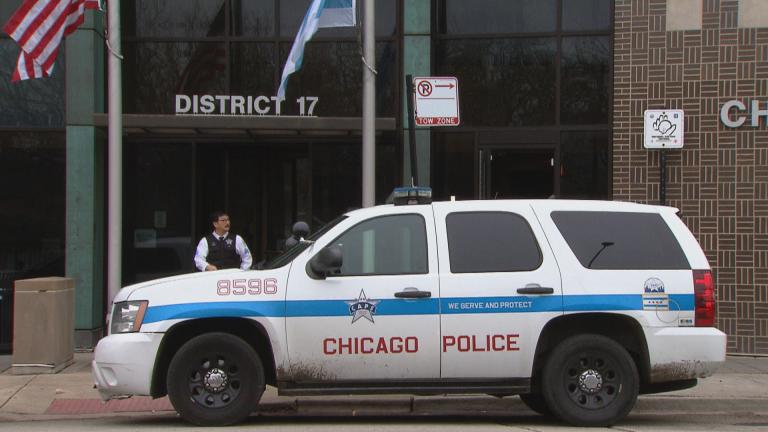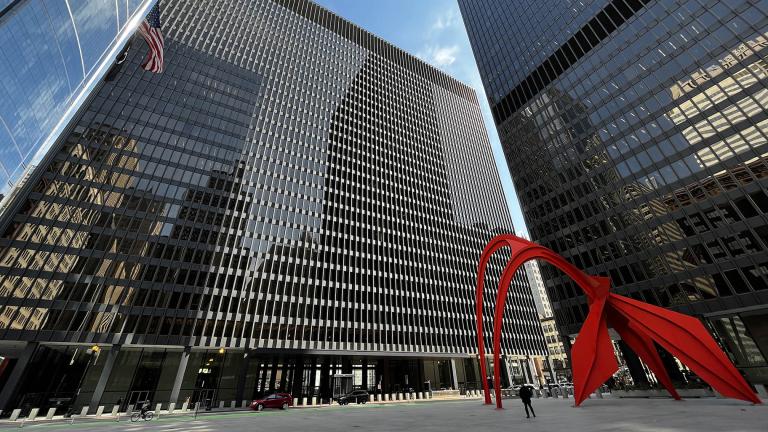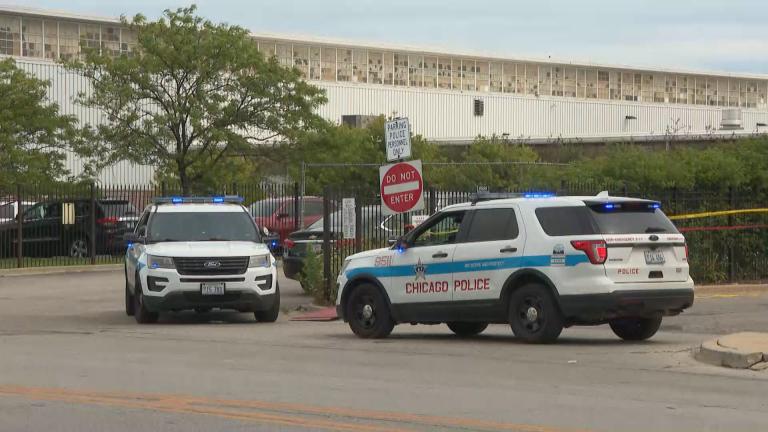Mayor Lori Lightfoot’s proposal to fight crime by going after the profits earned by Chicago’s gangs remains stalled, two months after the proposal languished amid a deluge of criticism.
The meeting of the Chicago City Council set for Wednesday will mark the second month in a row that the proposal will not get an up-or-down vote. That is an indication that the mayor has failed to convince a majority of the City Council that her plan to give the city the power to seize the assets of gangs and adult gang leaders is a necessary tool at a time when homicides, carjackings and other violent crimes remain at nearly record high levels.
None of Lightfoot’s allies on the Chicago City Council met the 10 a.m. Monday deadline to ask City Clerk Anna Valencia to put it on the agenda for Wednesday’s meeting, meaning the measure will remain in limbo at least until May.
Lightfoot "remains firmly committed" to passing the proposal and "ensuring that the city is using every available tool at its disposal to combat gangs and other hierarchical-criminal organizations," according to a statement from the mayor's office to WTTW News.
Lightfoot told reporters Tuesday that she was continuing to make the case for the proposal.
“We’re continuing to talk to people across the city about the issues and concerns they see,” Lightfoot said.
Lightfoot has made the proposal the centerpiece of her efforts to reset her approach to public safety after more than 800 people were killed in 2021 and carjackings soared. The measure’s detractors say it would target Black and Latino Chicagoans and do nothing to stop violent crime.
Deputy Mayor for Public Safety John O’Malley and Chicago Police Department Deputy Chief Ernest Cato told alderpeople the measure would give them a new way to fight crime by threatening the only thing that gang leaders care about — their money.
But neither official has been able to provide members of the Chicago City Council or the public with evidence that the measure would be effective.
Cook County Public Defender Sharone Mitchell has led the opposition to the measure, saying that it would only be used “to take a lot of Camrys and Civics from unsuspecting grandmas, they’ll sue a bunch of poor people that the city will end (up) having to pay damages back to …. and it’ll do nothing to actually stop shootings.”
The measure is also opposed by Fraternal Order of Police Lodge 7 President John Catanzara who called it “political theater.”
Modeled after the 1993 Illinois Streetgang Terrorism Omnibus Prevention Act, Chicago’s version of the law would only be used to go after large amounts of money or assets, said Elena Gottreich, the deputy director of prosecutorial strategies for the Chicago Police Department.
The proposal would be used only to target gang leaders and the organizations, rather than low-ranking gang members, officials said
If approved, the measure would require those facing the loss of property to be notified before the court case against them begins in earnest. Owners could prevent the loss of their property by convincing a judge they did not know it had been used for criminal purposes or “acquired through street gang related activity.”
In addition, if the city is seeking to seize a car, a family member could be given the vehicle if they can prove the loss of the vehicle would cause a financial hardship because they need it to get to work or to transport other family members, according to the proposal.
The measure calls for each offense to be punished with fines ranging from $10,000 to $15,000 for first offenses and $20,000 to $30,000 for second offenses. Lightfoot has promised that at least half of the fines collected by the city would have to be earmarked to help the victims of gang crimes.
Had the law been in place in 2020, it could have been used in 258 cases to seize $570,000 in cash and property, according to data compiled by the Chicago Police Department. In 2021, it could have been used in 220 cases to seize $539,000, according to the data.
Between August 2019 and Dec. 31, 2021, 94% of all cases where assets could have been seized amounted to less than $20,000, according to data provided to Ald. Maria Hadden (49th Ward).
Contact Heather Cherone: @HeatherCherone | (773) 569-1863 | [email protected]





